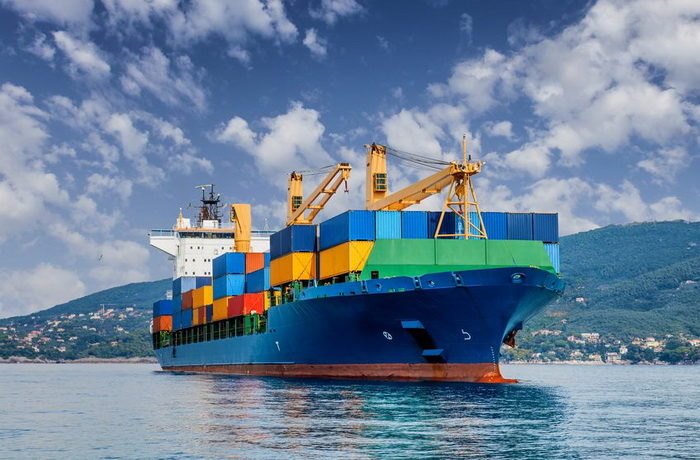Supply networks have grown more complicated and important than ever in the modern world. Logistics is one important element influencing the seamless running of these systems. Logistics is the movement, administration, and planning of products from one location to another. Logistics becomes the backbone guaranteeing everything functions well as the need for quicker and more dependable deliveries rises. Logistics is essential in guaranteeing that items arrive on schedule whether a large truck is transporting goods across countries or smaller cars managing local deliveries. Essential in a competitive worldwide market, it guarantees that companies can fast and effectively satisfy consumer needs.
Knowing the Roles of Logistics in Supply Chains
Logistics is made up of various important components that help to facilitate the seamless movement of commodities inside a worldwide supply chain. Included in these duties are order fulfillment, inventory control, warehousing, and transportation. Every one of these fields is essential to make sure items get where and when required. Whether by sea, air, or land, transportation is among the most obvious elements of logistics. Often, items are moved across great distances using a big truck, which guarantees that everything from raw materials to finished products may be delivered effectively.

Another important component of logistics is warehousing. It means keeping items securely until they are sent to their last location. This enables businesses to monitor their stock levels and prevent running out of product or overstocking. On the other hand, efficient inventory control guarantees that the appropriate items are accessible at the appropriate moment. Logistics firms maintain inventories and maximize product flow using sophisticated technologies and processes.
Using technology and efficiency to simplify operations
Digital tools have helped to make technology a key driver in enhancing logistics. Data analytics, real-time tracking, and automated technologies enable logistics companies to make wiser decisions. These tools estimate future needs, track shipments, and control inventory. This helps businesses to save money, increase accuracy, and cut back on delays. In a world where speed and accuracy are vital, the use of technology in logistics not only improves efficiency but also offers a competitive advantage.
Ultimately, modern supply chains run well only with logistics. Its main roles—transportation, storage, inventory control, and technology—guarantee that products are delivered promptly and effectively. Logistics would make it impossible for companies to keep up with consumer demand; the supply chain would be always disturbed. Logistics will only become more important as companies keep expanding worldwide. Logistics is the foundation of supply chains whether via a local delivery service or a large truck on the highway, hence enabling success in the fast-moving society of today.





